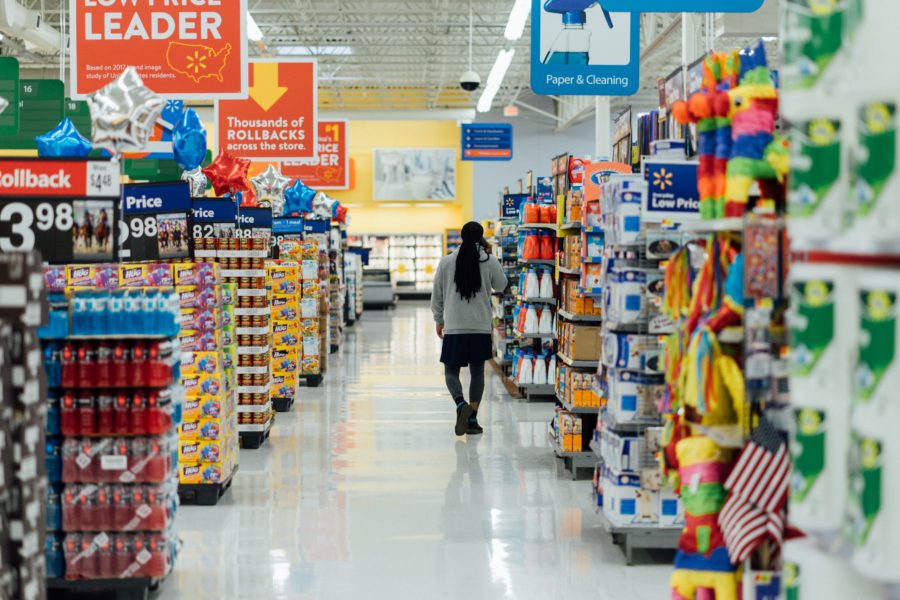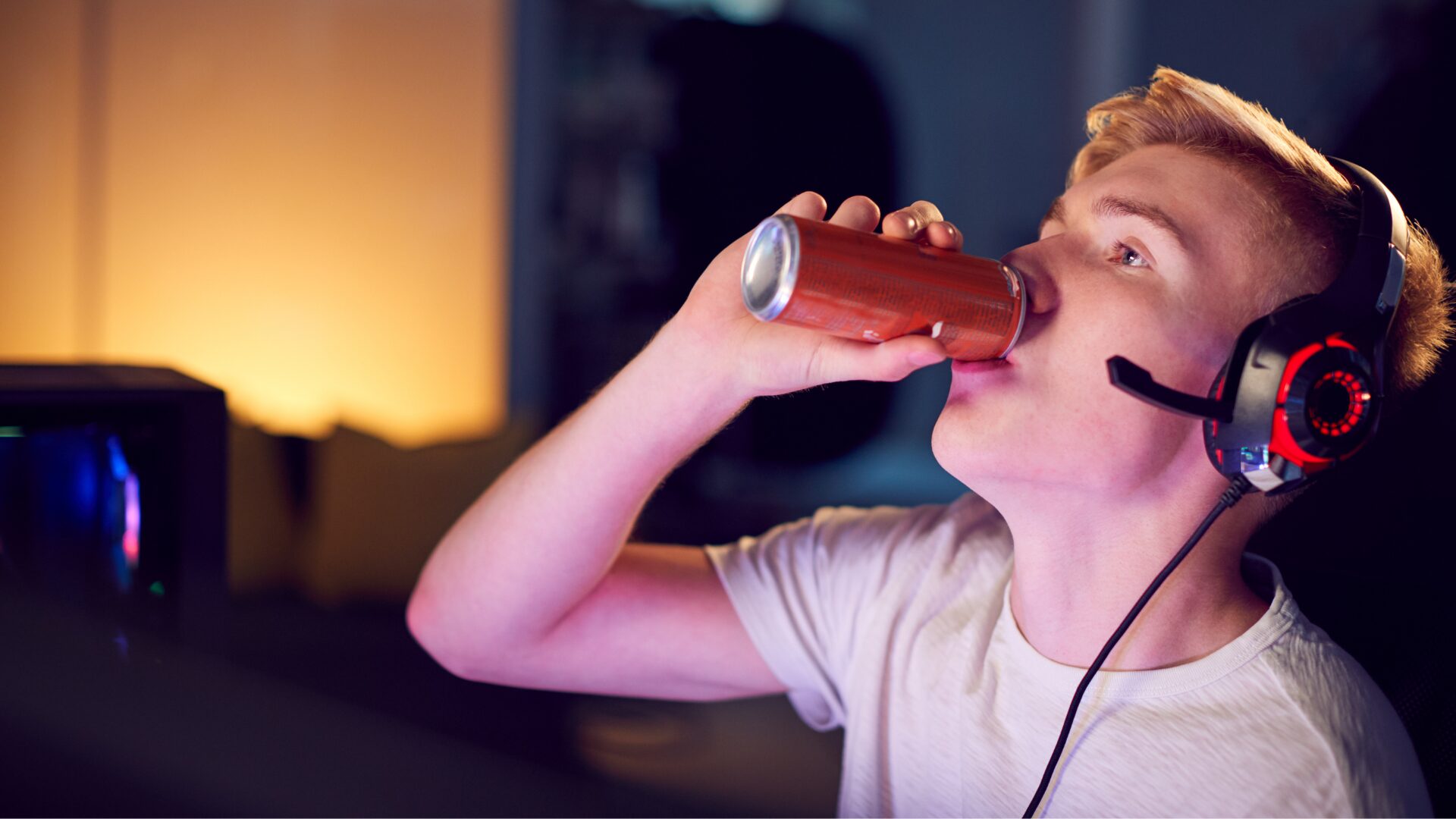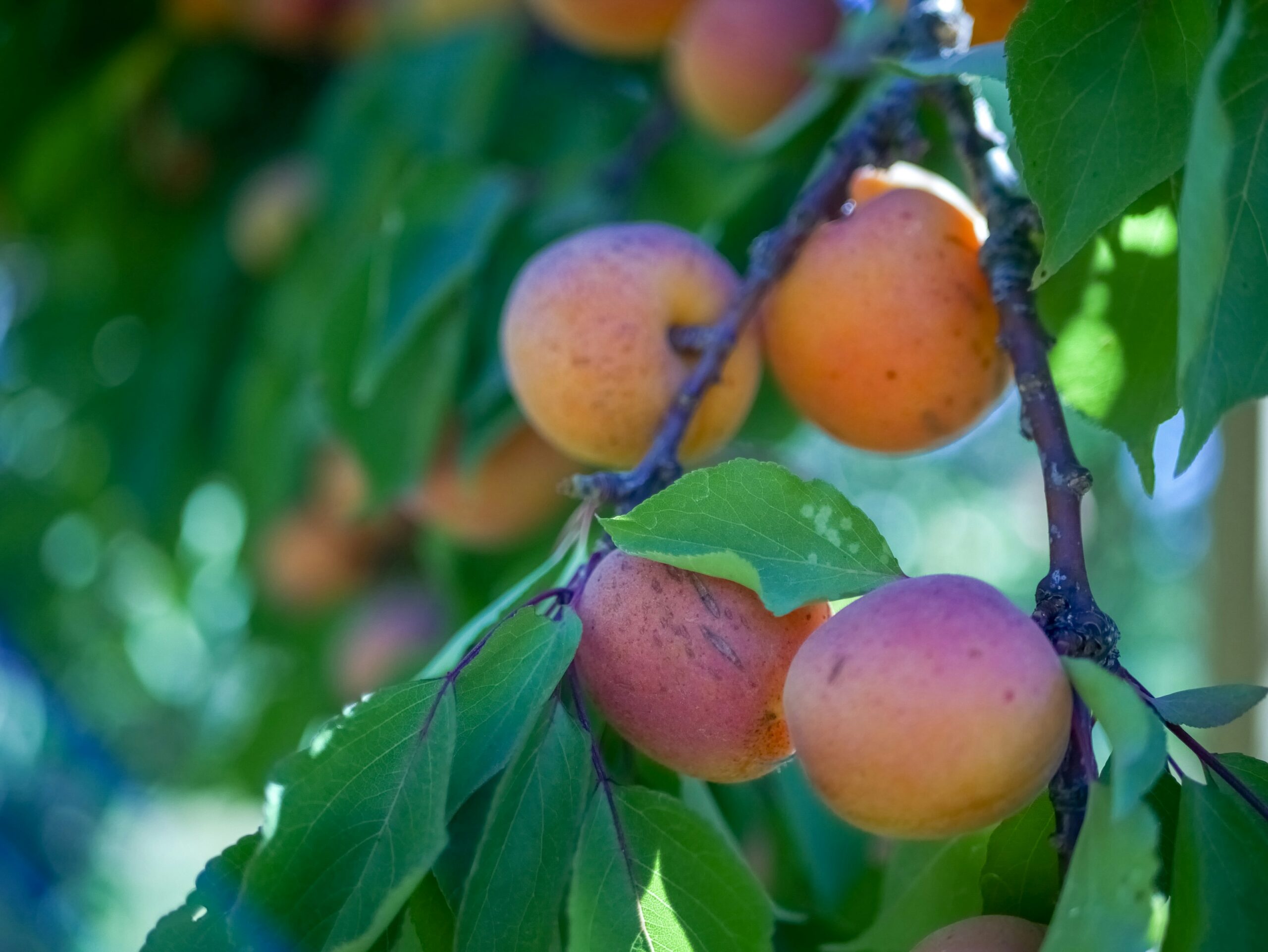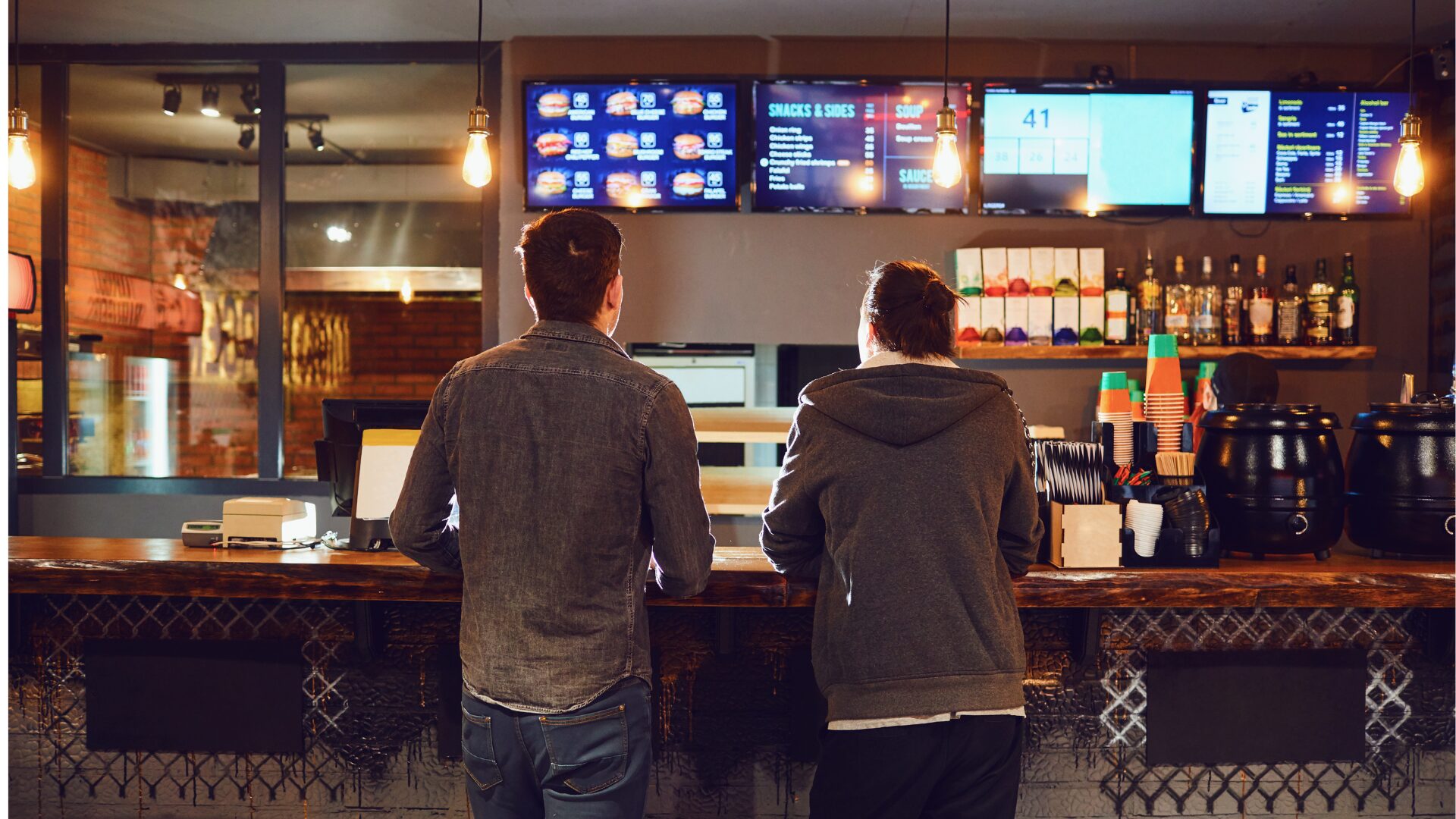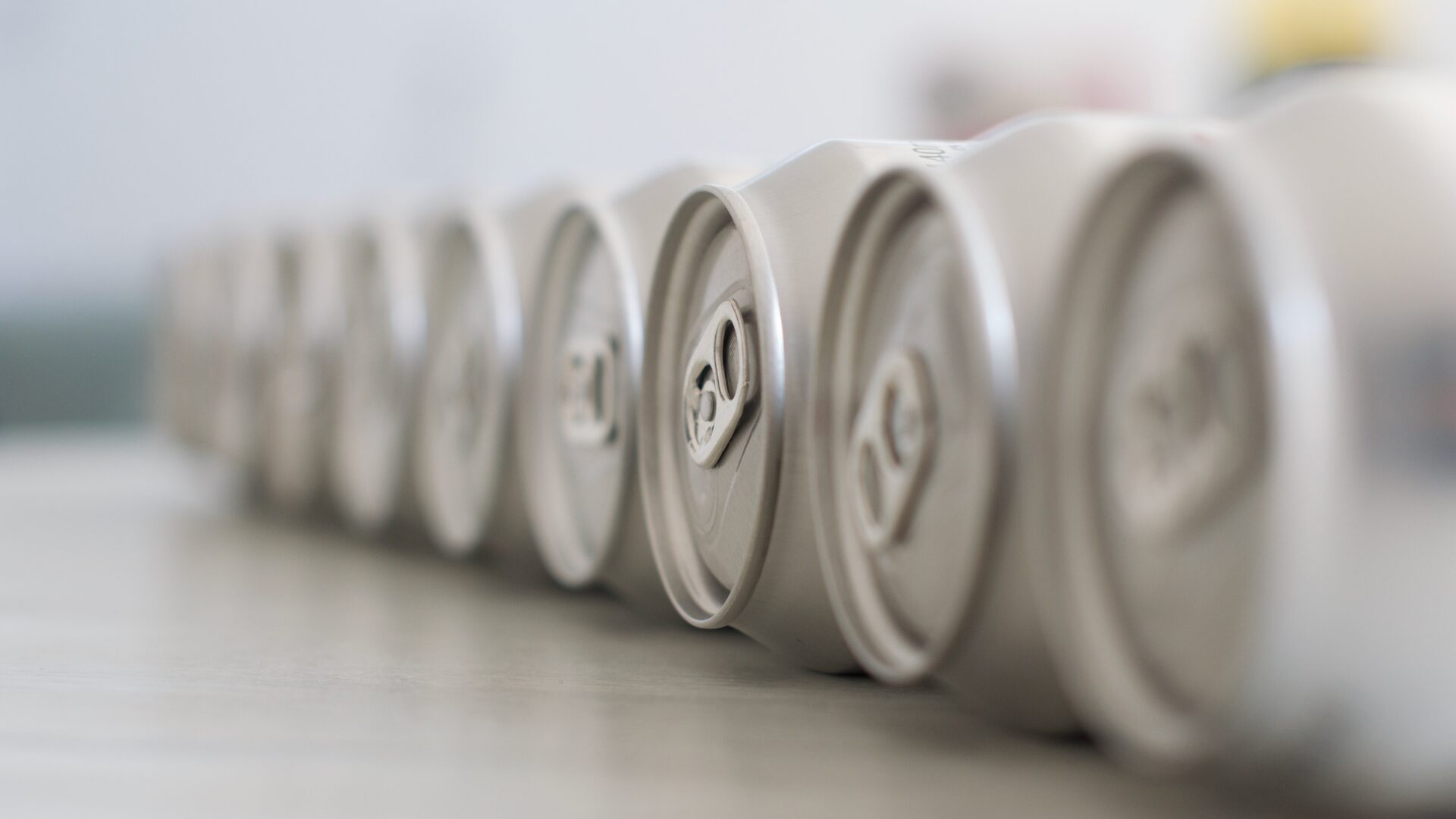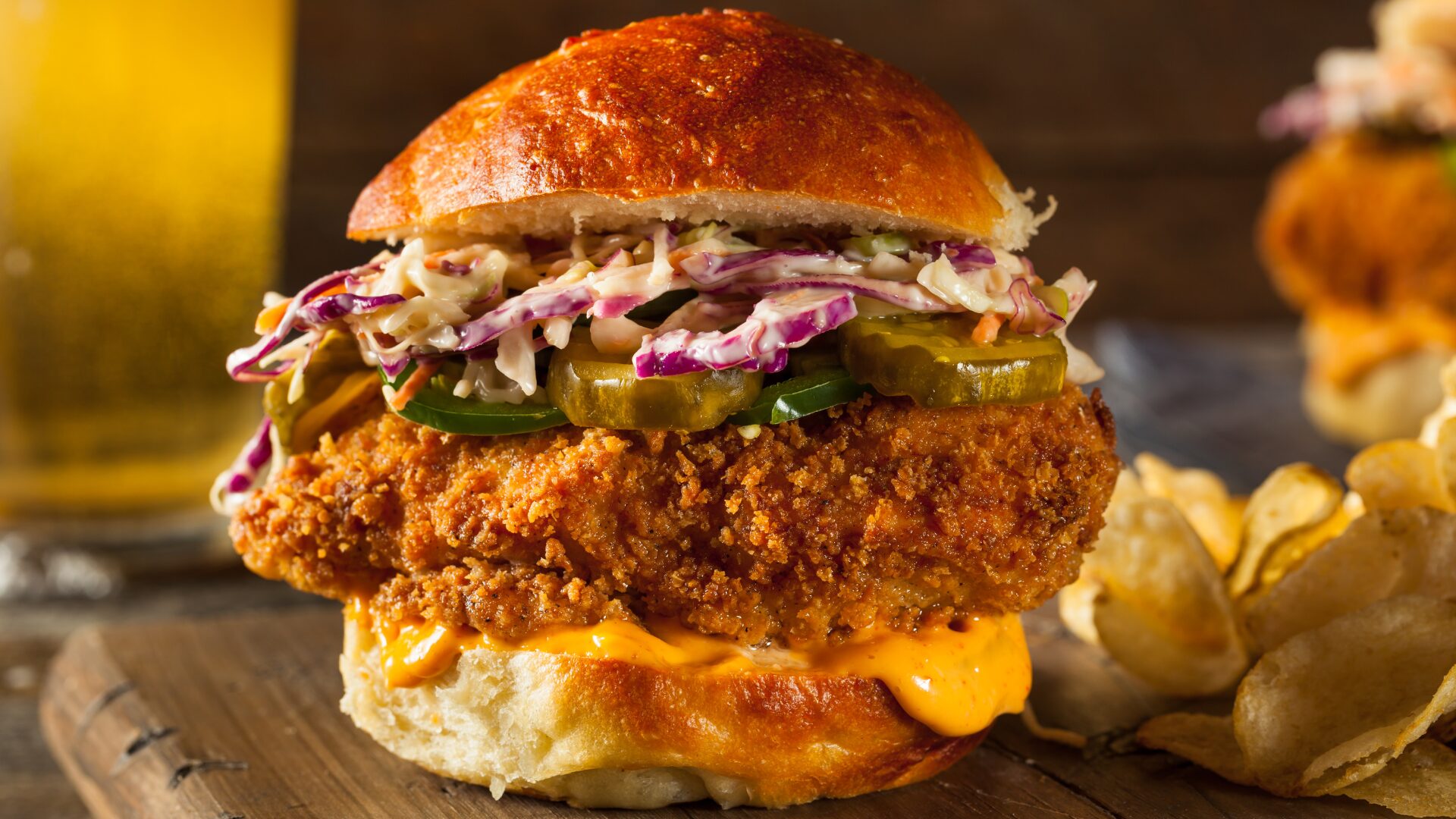Grocers’ COVID-19 gains with consumers could evaporate quickly in the year ahead, unless grocers refresh their approach to customer loyalty, according to a Bain & Co. report, reported CNBC (Nov. 9).
The firm said that the U.S. grocery sector revenue has risen by as much as 10% year over year in 2020, but that rate may shrink by single-digit percentages if a COVID-19 vaccine is widely available and diners return to restaurants in early 2021.
Pfizer and BioNTech today announced their coronavirus vaccine was more than 90% effective in preventing COVID-19 among those without evidence of prior infection, reported CNBC (Nov. 9).
“I think we can see light at the end of the tunnel,” said Pfizer Chairman and CEO Dr. Albert Bourla. “I believe this is likely the most significant medical advance in the last 100 years, if you count the impact this will have in public health, global economy.”
Scientists are hoping for a coronavirus vaccine that is at least 75% effective, while White House coronavirus advisor Dr. Anthony Fauci has said one that is 50% or 60% effective would be acceptable.
“We are reaching this critical milestone in our vaccine development program at a time when the world needs it most with infection rates setting new records, hospitals nearing over-capacity and economies struggling to reopen,” Bourla said.
Grocery profits overall will increase from just over $34 billion to $39 billion from 2019 to 2030 unless grocers take action, noted the Bain report.
“There’s been a cash windfall because of the shift in demand into the grocery channel and retail,” said Steve Caine, a retail expert at Bain and one of the t’ reports authors. “But it’s given us a glimpse into the future, and no one was prepared.”
Cain added that if nothing is done to prevent future threats, grocers could see consumers spend more of their money at restaurants, rely on third-part delivery, and shop at discounters such as Aldi.
The drop could potentially scare off investors. From 2014 to 2019, total shareholder return from publicly traded grocers was 7.7%—less than the retail average of 11.1%, according to Bain.
Meanwhile, leading grocery chains are beginning to limit purchases of key items that were in demand as they prepare for a possible second wave stock up, reported CNN Business (Nov. 6). Kroger, Giant, and H-E-B are among the companies putting limits on products like toilet paper, paper towels, and disinfecting wipes.
Nearly 60% of shoppers plan to stock up again as winter approaches, according to a survey from Inmar Intelligence.
At Kroger, customers can purchase a maximum of two items when it comes to products like bath tissue, paper towels, disinfecting wipes and hand soap, while Giant began putting a limit of one on purchases of larger toilet paper and paper towel sizes and four on smaller toilet paper and paper towel sizes.
Additionally, some H-E-B stores in Texas implemented limits of two on purchases of disinfecting and antibacterial sprays and other stores have limited toilet paper and paper towels to two.
The three chains say supply chains for these items are still strained. About 19% of paper products such as toilet paper and paper towels and 16% of household cleaning products were out of stock during the week ending Nov. 1, according to data from IRI.


